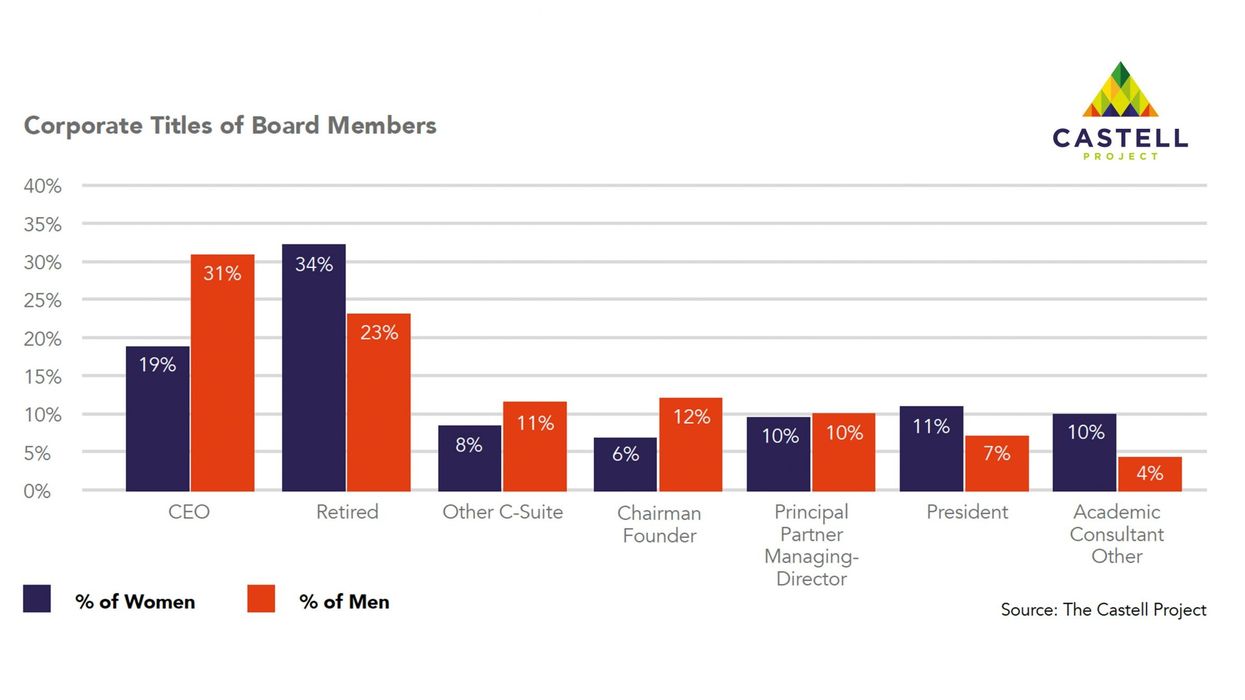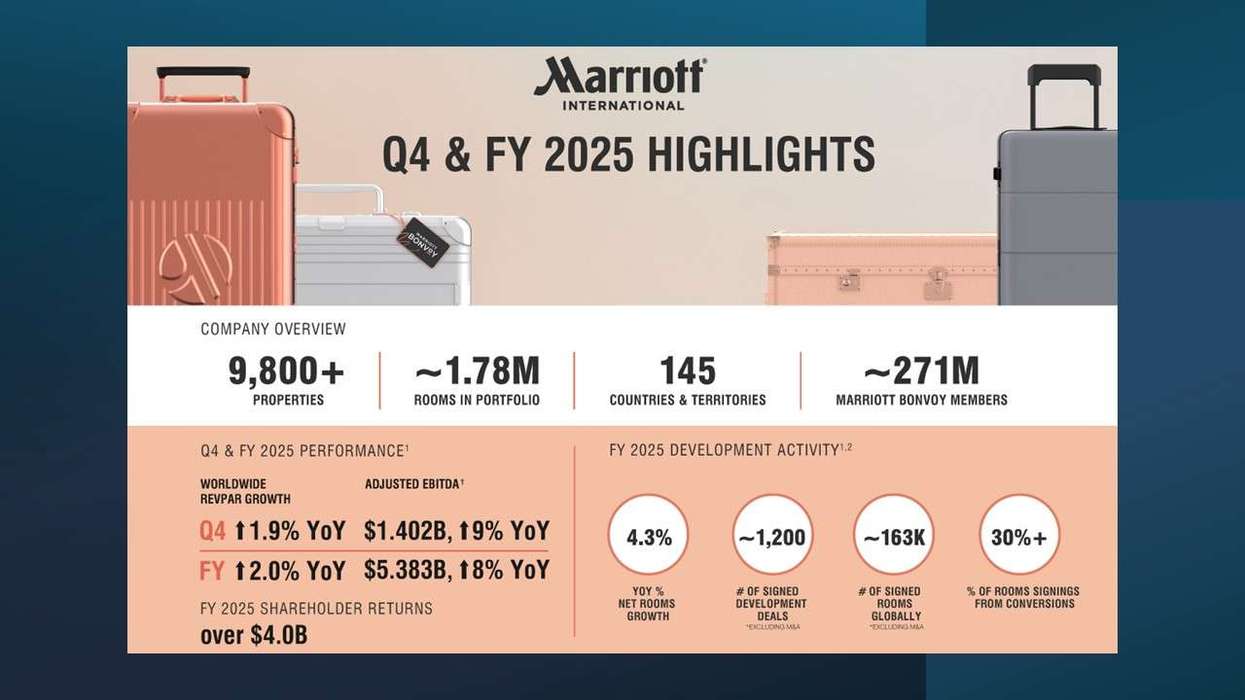IF CHANGE COMES from the top, the hospitality industry is due for some change, starting on the boards of publicly traded companies. A new report from The Castell Project, a not-for-profit that promotes women in the industry, that change is coming in the form of greater diversity.
The project’s “Diversity of Hospitality Industry Public Company Boards 2021” report includes data on hospitality industry public company boards compared to statistics from its 2020 Women on Boards Gender Diversity Index. It uses public 10-K filings and internet searches of individual board members and executives from more than 31 companies over five years to track representation by women, black and Asian board members.
“The pressure to diversify boards by both race and gender is likely to intensify,” said Peggy Berg, chair, Castell Project, Inc. “Currently, it is easier for boards to be gender diverse than racially diverse. Women are 51 percent of the U.S. population, while black people account for 13 percent. However, more than 40 percent of the U.S. population identifies as ‘other-than white,’ and the ratio is growing. Although social consciousness may play a role, the compelling case is to align the makeup of corporate boards with the industry’s diverse marketplace and talent pool.”
The report found that white men remained the majority on most board even during years when women and black people made the most gains. Women made up 23 percent of board members for the companies and only 11 of the 31 boards included black representation. While inclusion of both black and female members peaked in 2019, it stalled in 2020.
Also, the three largest companies in the sample had the most gender-diverse boards and the largest companies on the Russell 3000 Index have made more progress on board gender diversity than smaller companies.
Most chairmanships on the boards are not held by women or blacks, according to the report, with only three black chairs and one female chair in the sample. Founders or sons of founders are chairs or directors on the boards of 19 of the 31, 61 percent, of the boards.
“Benchmarking where we stand as an industry encourages progress,” Berg said. “While the pandemic created additional hurdles for women and minority hospitality workers, we seem to be moving in the right direction overall. Momentum will grow for corporate boards that better relate to the actual market. We will get there.”
The Castell Project also recently announced plans to expand its Castell@College program that invites female executives share their professional experiences with students in college level hospitality programs. The organization also provides a networking and mentoring program for women who are nominated for it, and awards The Castell Award to women who stand out in furthering diversity in the industry.






